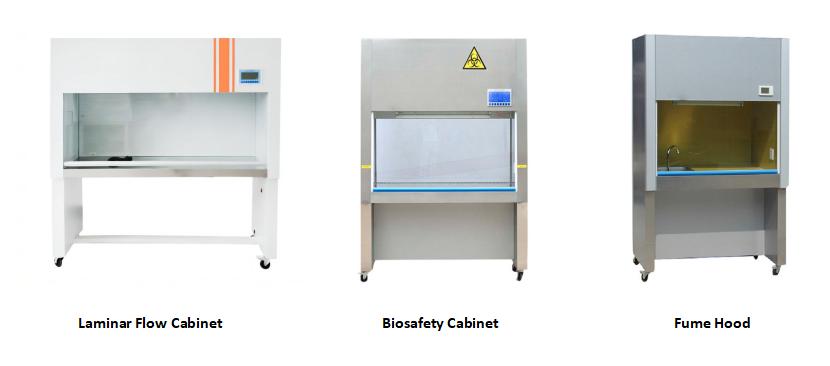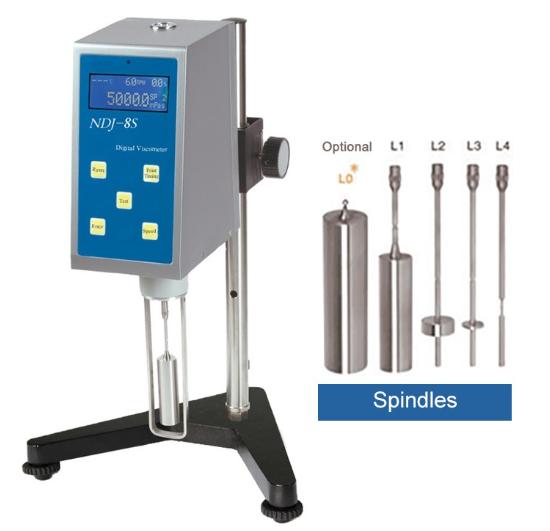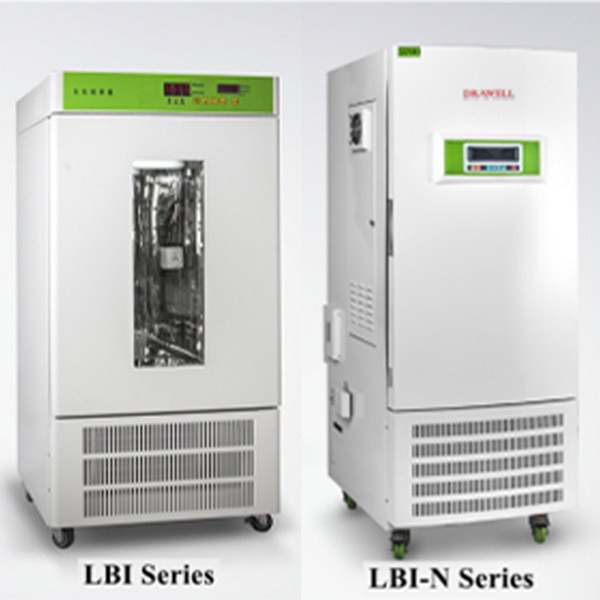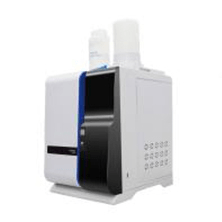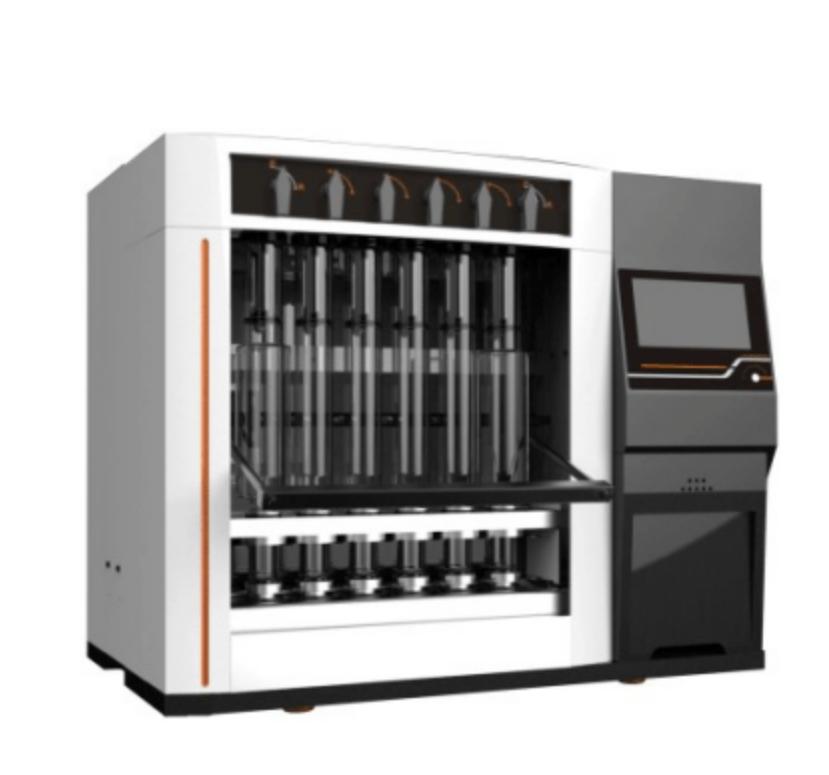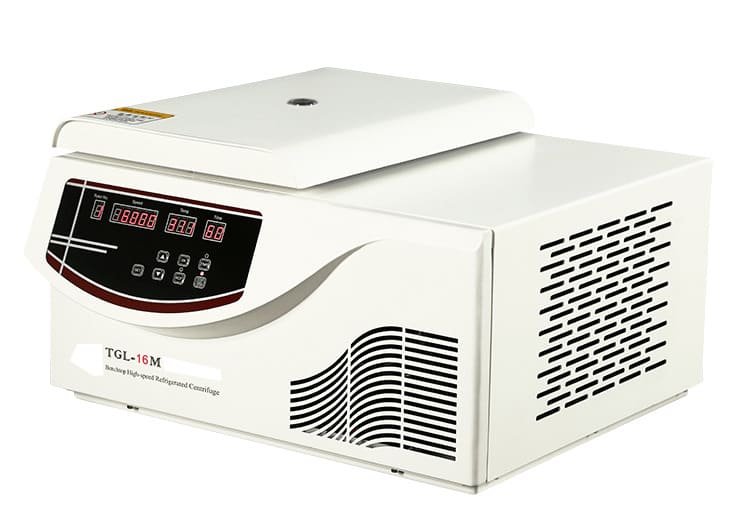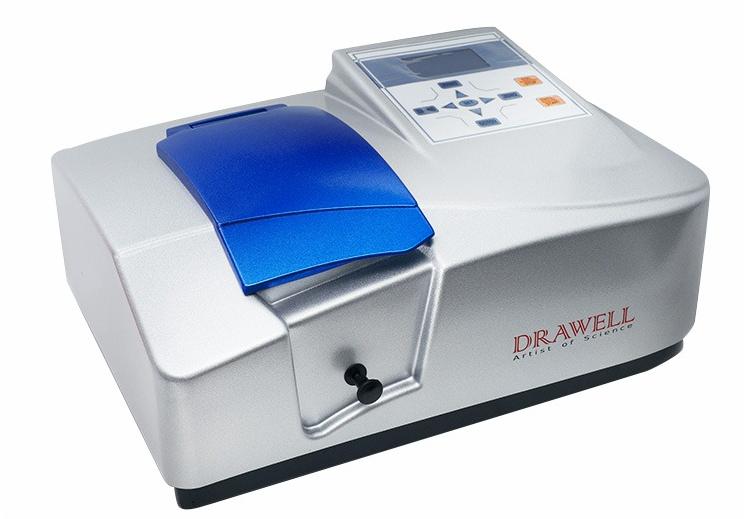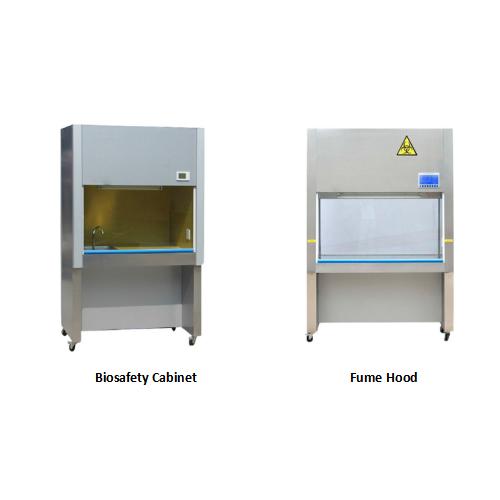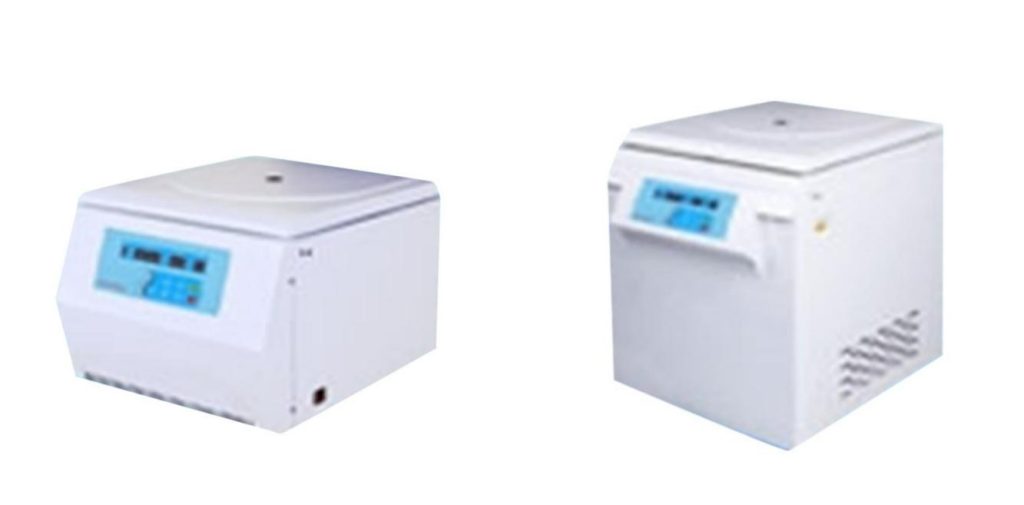News
Laminar Flow Hood vs. Biosafety Cabinet vs. Fume Hood: Choosing the Right Lab Equipment
In the realm of laboratory safety and efficiency, selecting the appropriate equipment is paramount. Laminar flow hood and biosafety cabinet and fume hood are three critical pieces of equipment used in various laboratory settings. Each serves distinct purposes and offers unique features, making the selection process complex. Understanding their functions, comparative analysis, and key considerations for…
6 Key Advantages of Digital Viscometer
Viscosity, a fundamental property of fluids, describes their resistance to flow. It plays a critical role in numerous industries, from food and beverage production to pharmaceuticals and oil exploration. Accurate measurement of viscosity is essential for ensuring product quality, optimizing production processes, and maintaining consistency. Traditional methods of viscosity measurement, however, can be time-consuming, prone…
Exploring the Effects of Temperature Variations on BOD Incubators
BOD (Biochemical Oxygen Demand) incubators are critical pieces of equipment in environmental and biological laboratories, as they provide controlled conditions for incubating samples and measuring their oxygen consumption rates, which indicate microbial activity. These incubators keep a consistent temperature, often between 20 and 30 degrees Celsius, to promote microbial growth and metabolic activity. However, any significant…
Advancements in Detection Methods for Ion Chromatography
Ion chromatography (IC) has emerged as a powerful analytical technique for the separation and quantification of ions in various sample matrices. Over the years, significant advancements in detection methods have propelled Ion chromatography to new heights, enabling researchers and analysts to achieve higher sensitivity, selectivity, and efficiency in ion analysis. This article explores the latest innovations…
Crude Fiber Analyzer: Revolutionizing Agricultural and Food Sciences
Fiber analysis stands as a cornerstone in the realms of agricultural and food sciences, providing crucial insights into the nutritional composition of various products. Among the diverse methodologies available, the Crude Fiber Analyzer (CFA) emerges as a transformative innovation, promising enhanced accuracy and efficiency in fiber analysis. This article delves into the significance of crude fiber…
Revolutionary Power of Technical Advancements in High-Speed Centrifuge
In the fast-paced world of scientific research, the goal of efficiency and precision has resulted in astonishing advances in laboratory equipment. Among these breakthroughs, high-speed centrifuges stand out as critical tools that allow scientists to separate, isolate, and analyze compounds at unprecedented speeds and accuracy. This article explores the recent technical advancements in high-speed centrifuge, examining how these…
Single Beam vs. Double Beam Spectrophotometers: How to Choose
Spectrophotometers are vital instruments in various fields, including research, quality control, and environmental monitoring. They work by measuring the amount of light absorbed by a sample at specific wavelengths, providing crucial information about the sample’s composition and concentration. However, choosing the right type of spectrophotometer for your project requires understanding the distinctions between single beam and…
How to Do Cell Culture Optimization in CO2 Incubators?
CO2 incubators provide a controlled atmosphere conducive to cell growth by regulating temperature, humidity, and CO2 levels. Optimizing cell culture conditions in these incubators is critical for obtaining consistent and reproducible results. This article explores the importance of cell culture optimization in CO2 incubators and strategies to maximize experimental success. Understanding the Importance of Cell Culture…
Biosafety Cabinet and Fume Hood in Laboratory Safety – Which One to Choose?
Biosafety cabinets and fume hoods are key tools in laboratory safety, offering critical protection for both researchers and the environment. These specialized containment systems provide separate but complementary functions in guaranteeing the safe handling of hazardous materials, preventing exposure to harmful agents, and preserving experiment integrity. In this article, we focus on the topic of biosafety cabinet…
Crude Oil Centrifuges in Petroleum Analysis
Crude oil, the lifeblood of the modern economy, undergoes extensive analysis throughout its journey from extraction to refinement and distribution. At the heart of this analytical process lies the indispensable tool of crude oil centrifuges. These sophisticated instruments stand as stalwarts in the petroleum industry, facilitating the separation and analysis of crude oil components with…


